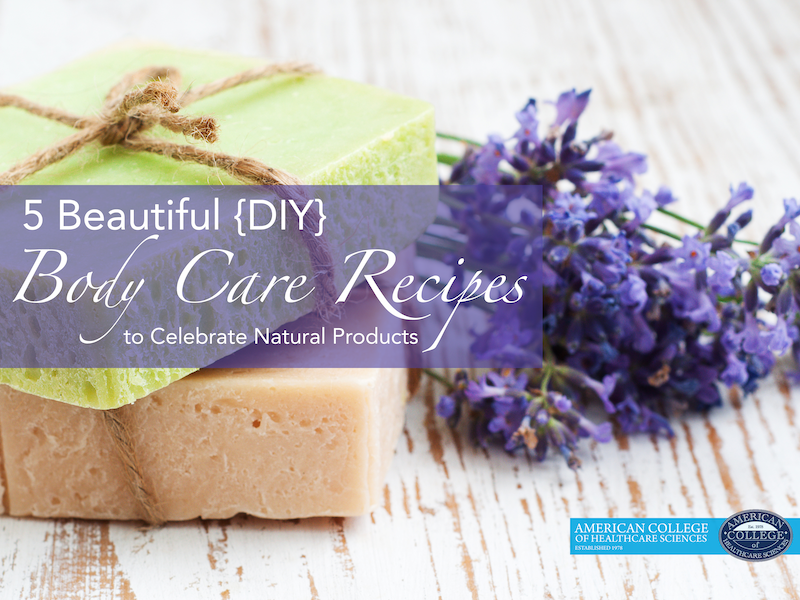I used to feed off the rush that I would get from working under pressure. It was almost as if I would intentionally wait until the last minute to do things or I would take on extra projects and responsibilities just so I could work under pressure and get the “natural high.” It was a happy, anxious feeling to me.
I remember buzzing around like a crazy worker bee, fueled by being overly productive all the time and proud of it! I viewed being productive as one of my best qualities.
I worked long hours during the week, I exercised for long hours almost every day, and I burned the midnight oil on weekends.
I also fed my body processed, low-calorie food, regularly drank alcohol, and generally starved my body of any downtime.
I eventually started to crash and burn. It all started to catch up with me.
I was what I now call a “cortisol junky.” I was living off cortisol all the time and feeling turbo-charged as a result.
Cortisol is an essential glucocorticoid hormone but when there is chronic stress, it can surge to unhealthy levels[1].
Essentially, cortisol is our “fight or flight” hormone, and it is released when we’re stressed. It is supposed to give us the energy we need to run from whatever life-threatening danger is stressing us out (like from a natural disaster or lion).
It seems our bodies don’t know the difference between those life-threatening situations and the stress we experience in our daily lives.
For some of us, the adrenaline rush can become habit forming. We feed off of that stress response, feeling amped up from the cortisol rush, and keep pushing through for better or worse.
When I was about to turn 30, I felt like I was much older, and I knew something had to change.
Constant stress was taking a toll on my health. I didn’t know it at the time but my adrenals were in overdrive.
I look back at how I was moving through life and I can’t believe what my body was tolerating. It was screaming at me to slow down. I was anxious all the time. I had dizzy spells and constantly felt like my heart was pounding out of my chest, like I was always running out of time.
Eventually, I got scared. And, I got the reality check I needed. I had an adrenal test done. My cortisol was off the charts, and my estrogen and progesterone were super low as a result[2].
I decided I wasn’t going to tolerate living this way anymore. Three years later, my days look and feel much different.
I made a decision to reclaim my health and to find balance. Here’s a snapshot of what a day in the life of a former cortisol queen looks like:
- Then - 5:40 a.m. drag myself out of bed, immediately have coffee, check emails, feel stressed and anxious about number of emails and things to do
- Now - 5:40 a.m. wake up without an alarm, feel rested and peaceful, mosey around the house
- Then - 6:45 a.m. do a crazy intense workout and feel wired but tired after
- Now - 6:45 a.m. do a workout that is energizing, but not exhausting, with some stretching
- Then - 8:45 a.m. rush to get ready, check emails every minute, moving a mile a minute to get things done and get to work, spill things and forget stuff
- Now - 8:45 a.m. get ready, meditate, and set mindful, positive intentions for the day
- Then - 12:00 p.m. scarf down food while working before next meeting that I crammed in, fighting to keep my eyes open and energy up
- Now - 12:30 p.m. eat a relaxing lunch while sitting outside
- Then - 4:00 p.m. hit an afternoon slump, need coffee to stay focused on work and awake
- Now - 4:00 p.m. meeting with clients and working on projects at full steam
- Then - 7:00 p.m. check emails until bedtime, watch TV, Facebook, mind racing about the next day
- Now - 7:00 p.m. walk the dog, meditate for 30 minutes, check Facebook for five minutes
Healing from a high-stress life means learning to let the little things go.
Getting my adrenals tested empowered me to make meaningful, lasting changes for my health and happiness.
When our adrenals are pushed to the max, it inhibits our ability to handle stress and long-term side effects can be serious. Always check with your primary care physician or naturopathic doctor of you’re experiencing any symptoms that you think might be connected to your adrenals or stress level.
Today, with all the stressful demands in our lives, I’m a firm believer that everyone should be getting their cortisol tested as a tool to improve their health. It was just the reality check that I needed to turn my life and health around.
Things like fatigue, weight gain, and wired energy can easily be overlooked, and most people don’t realize it until it’s really affecting their health.
I like to say, “Don’t guess, let’s test!” Then you can consciously do something about it. Become empowered in your health.
Ready to become empowered in your health, knowledge, and professional life? Check out ACHS’s accredited online programs in wellness coaching, holistic nutrition, and holistic health.
References & Notes
[1] Goldschein, S. (March 2017). Natural methods to suppress destructive cortisol. Life Extension Magazine. Retrieved from http://www.lifeextension.com/Magazine/2017/3/Natural-Methods-to-Suppress-Destructive-Cortisol/Page-01
[2] If you’d like to test your adrenals, it is recommended to work with a primary care physician or naturopathic doctor; do not self-diagnose or self-manage potentially high cortisol levels.
Disclosure of Material Connection: I am a guest blogger for American College of Healthcare Sciences, the Institution that publishes this blog. However, all opinions are my own. This blog may contain affiliate links. I am disclosing this in accordance with the Federal Trade Commission’s 16 CFR, Part 255: “Guides Concerning the Use of Endorsements and Testimonials in Advertising.”
This article is for informational purposes only. It is not intended to treat, diagnose, cure, or prevent disease. This article has not been reviewed by the FDA. Always consult with your primary care physician or naturopathic doctor before making any significant changes to your health and wellness routine.






